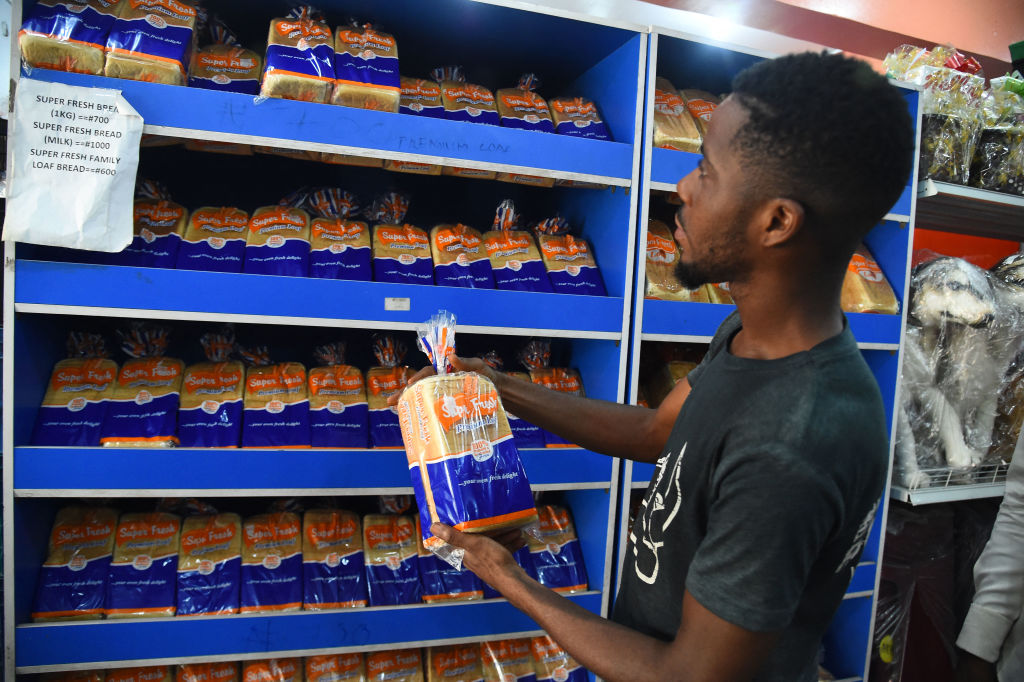ADF STAFF
Letta Nkabinde rises before the sun and worries about the rising price of the minibus she takes each morning to her factory job in Johannesburg, South Africa.
A single mother of three, Nkabinde is among the tens of millions of African people feeling the economic impact of Russia’s assault on Ukraine.
“It is difficult to take care of yourself and your children these days,” she told Al Jazeera in October. “We are down to basics, and you must make tough choices.
“Think about the current food inflation price. These days you have to choose between bread and things like [mobile phone] data.”
Rising costs of food, fuel and fertilizer, coupled with global inflation, are making life harder in many parts of the continent.
Africa had experienced a modest economic rebound in 2021 that surprised many. The International Monetary Fund (IMF) projects growth on the continent to decrease from 4.5% in 2021 to 3.8% in 2022.
“This latest setback could not have come at a worse time, as growth was starting to recover and policymakers were beginning to address the social and economic legacy of COVID-19 pandemic and other development challenges,” two IMF experts wrote earlier this year.
“The effects of the war will be deeply consequential, eroding standards of living and aggravating macroeconomic imbalances.”
Experts say the ratio of Africa’s food supply compared to the demand for it was unsustainable before Russia invaded Ukraine and blockaded grain shipments bound for Africa.
The continent imports around 85% of its wheat supplies, much of it from the vast agricultural region in Ukraine and Russia that is known as “the world’s breadbasket.”
The world’s energy and fertilizer sectors have experienced severe price volatility, pushing global food prices to their highest mark in 40 years.
Higher fuel and fertilizer prices directly affect Africa’s food production. Oil importers have seen prices skyrocket, as the IMF estimated an increase of around $19 billion in 2022 just in African nations.
Across the continent, people have taken to the streets to protest price increases and the general cost of living.
In December, a petition circulated in Kenya asked new President William Ruto to intervene over rising food prices.
In South Africa, a trade union official spoke during an angry rally in August.
“We cannot breathe, comrades,” Zwelinzima Vavi said, according to the BBC. “We cannot breathe when today it costs more than 4700 rands ($277) to buy food for a family of just four people. No!”
Inflation in Ghana hit a record high of 37.8% in September and was largely driven by food prices, according to the Ghana Statistical Service.
Ghanaian food prices, which have risen 122% since January, are the highest in sub-Saharan Africa, according to a World Bank report released at the end of October.
IMF African Department Director Abebe Aemro Selassie said Africa’s economic recovery from the pandemic has lost momentum.
“We expect the effects of higher energy costs to be more uneven across the region,” he said in an IMF video. “Higher oil prices will worsen trade imbalances and increase living costs as well as transportation costs.
“The economic outlook remains highly uncertain.”

